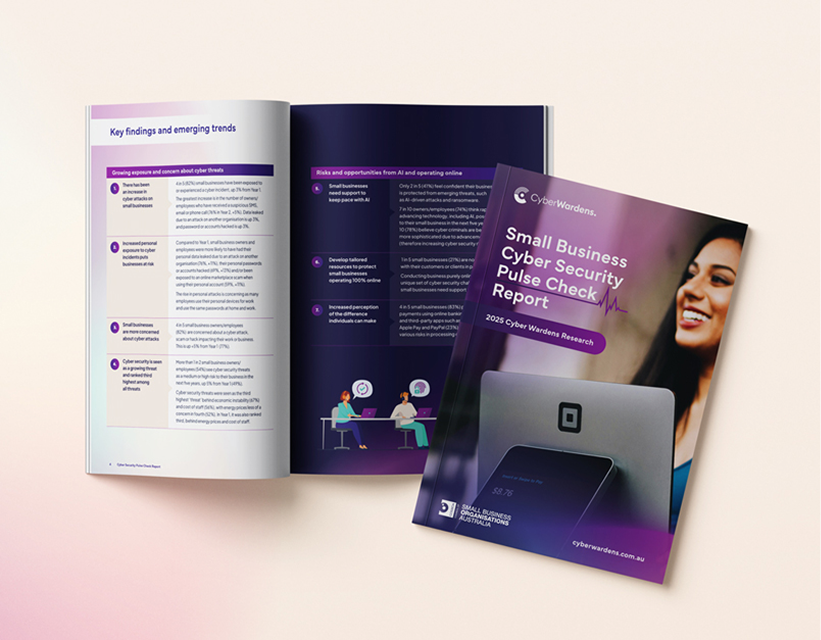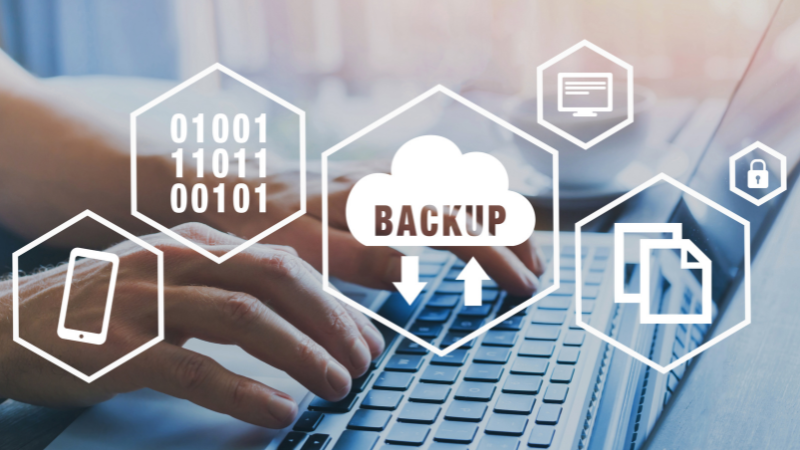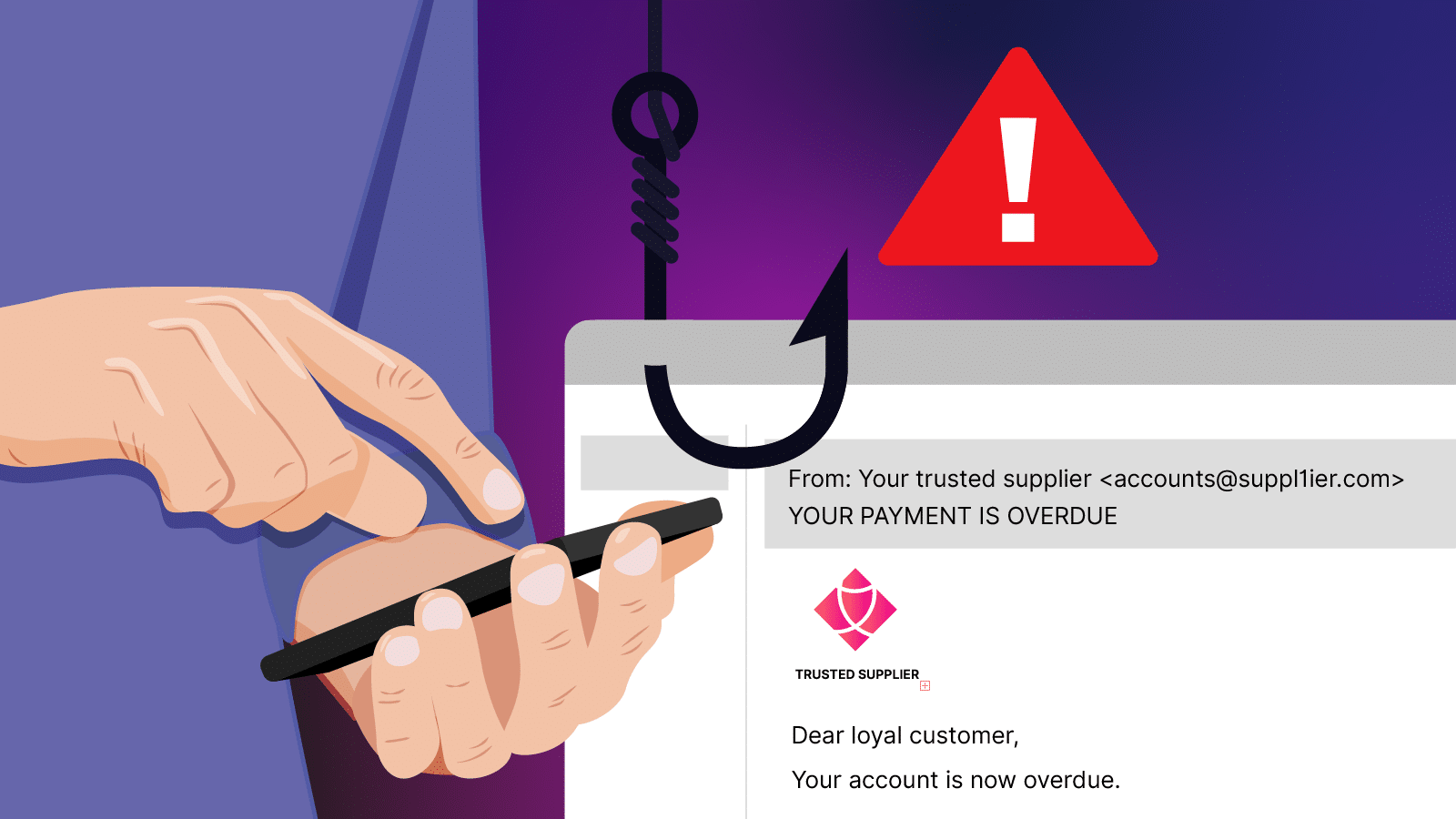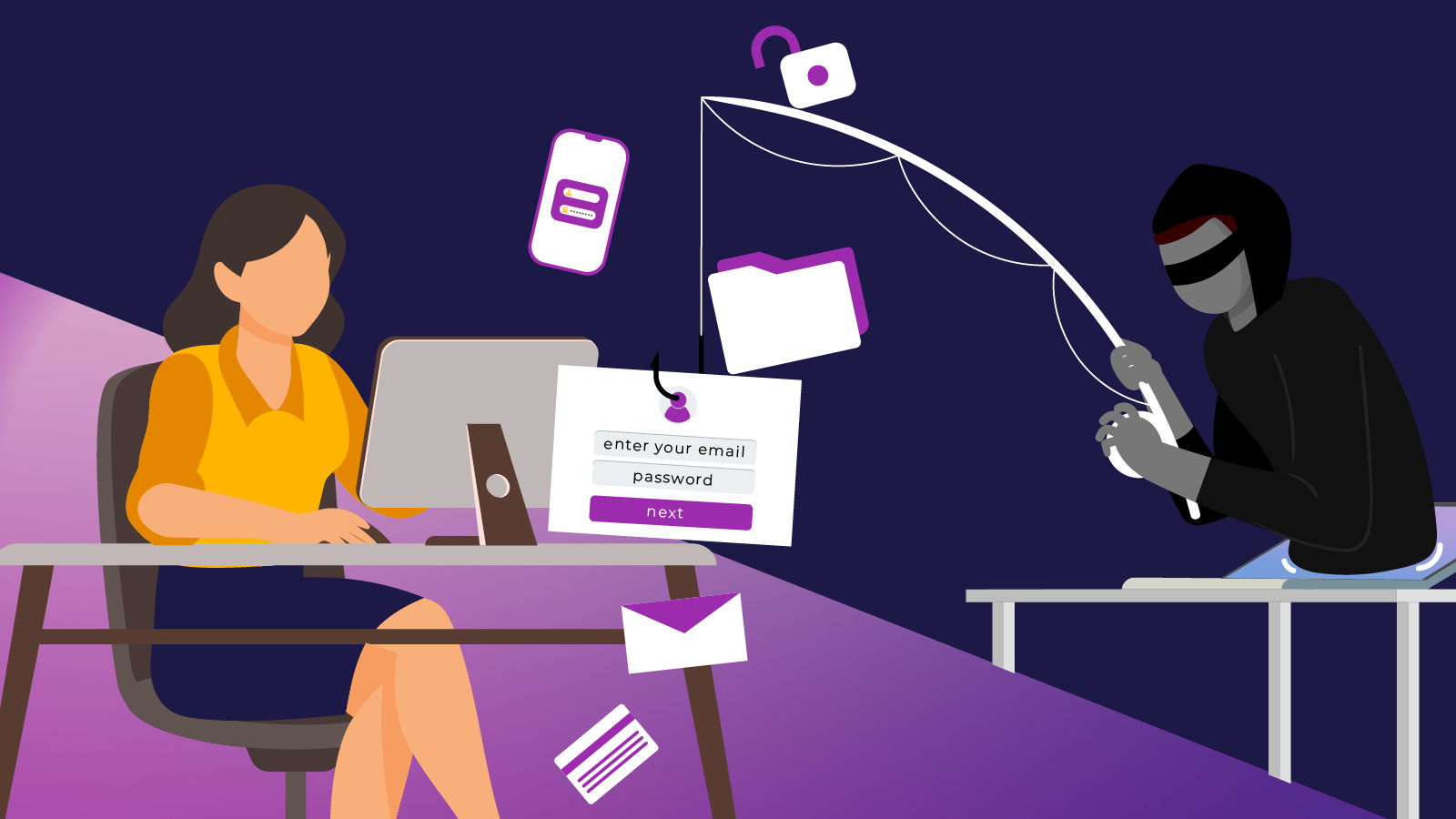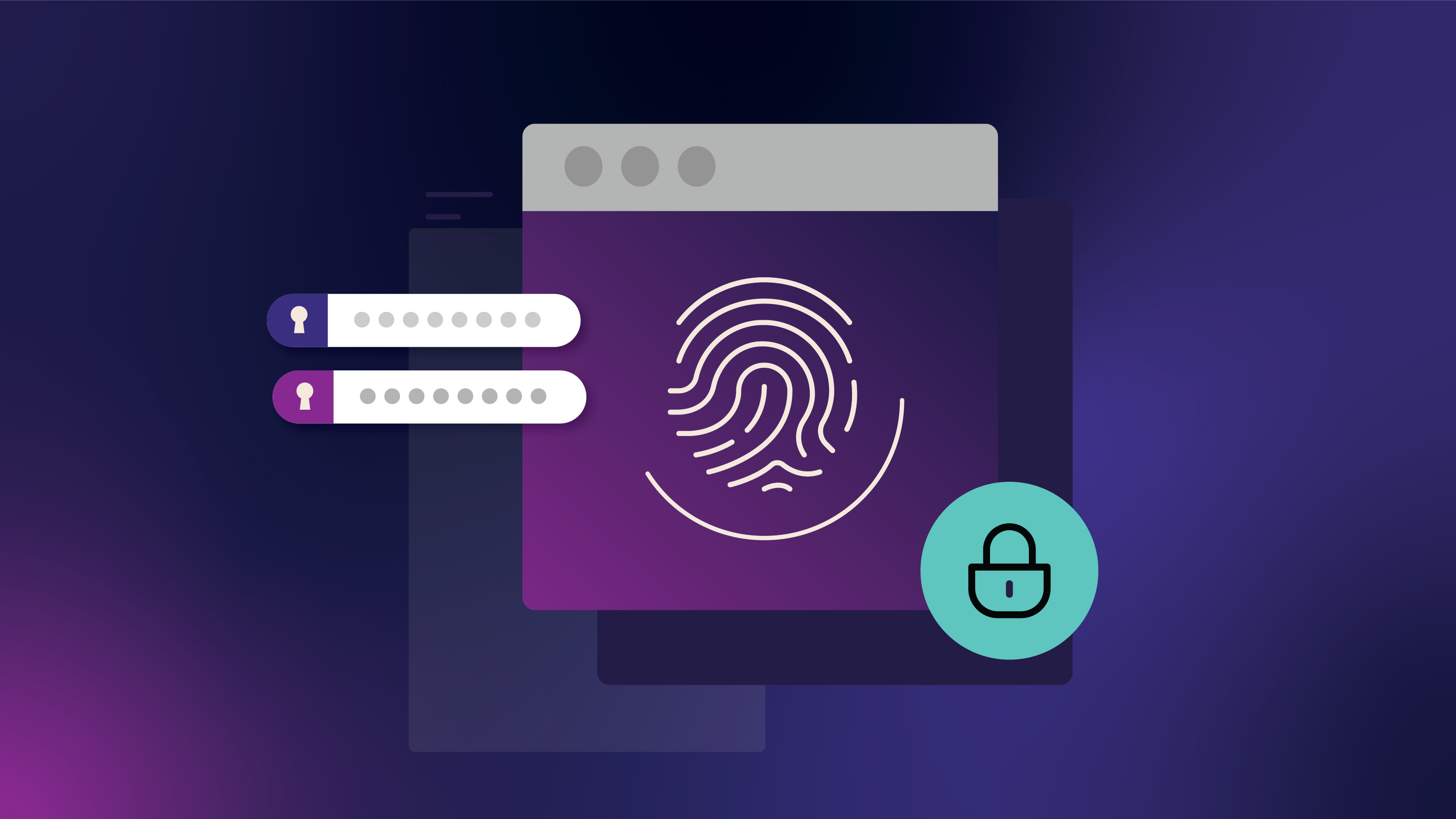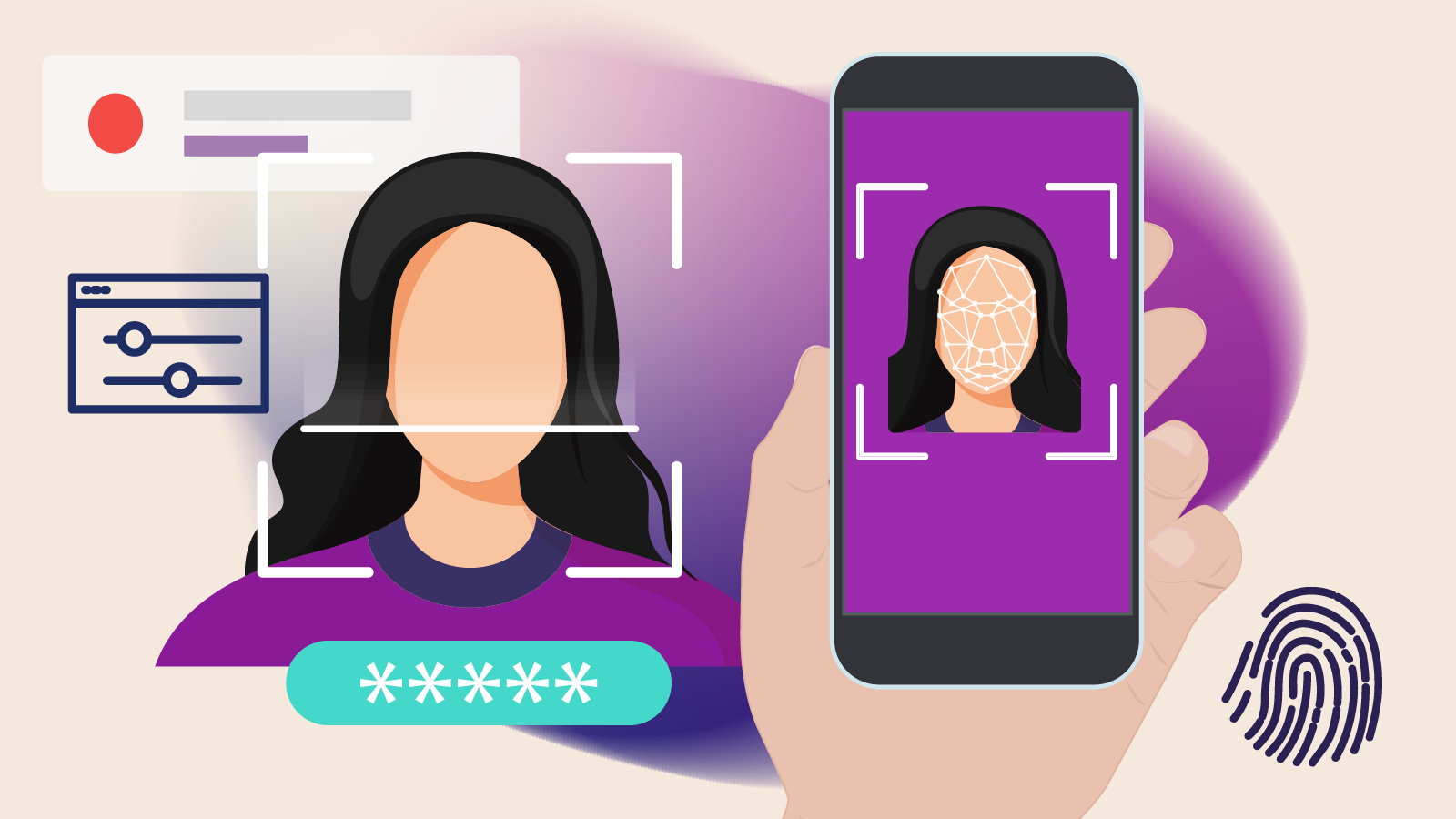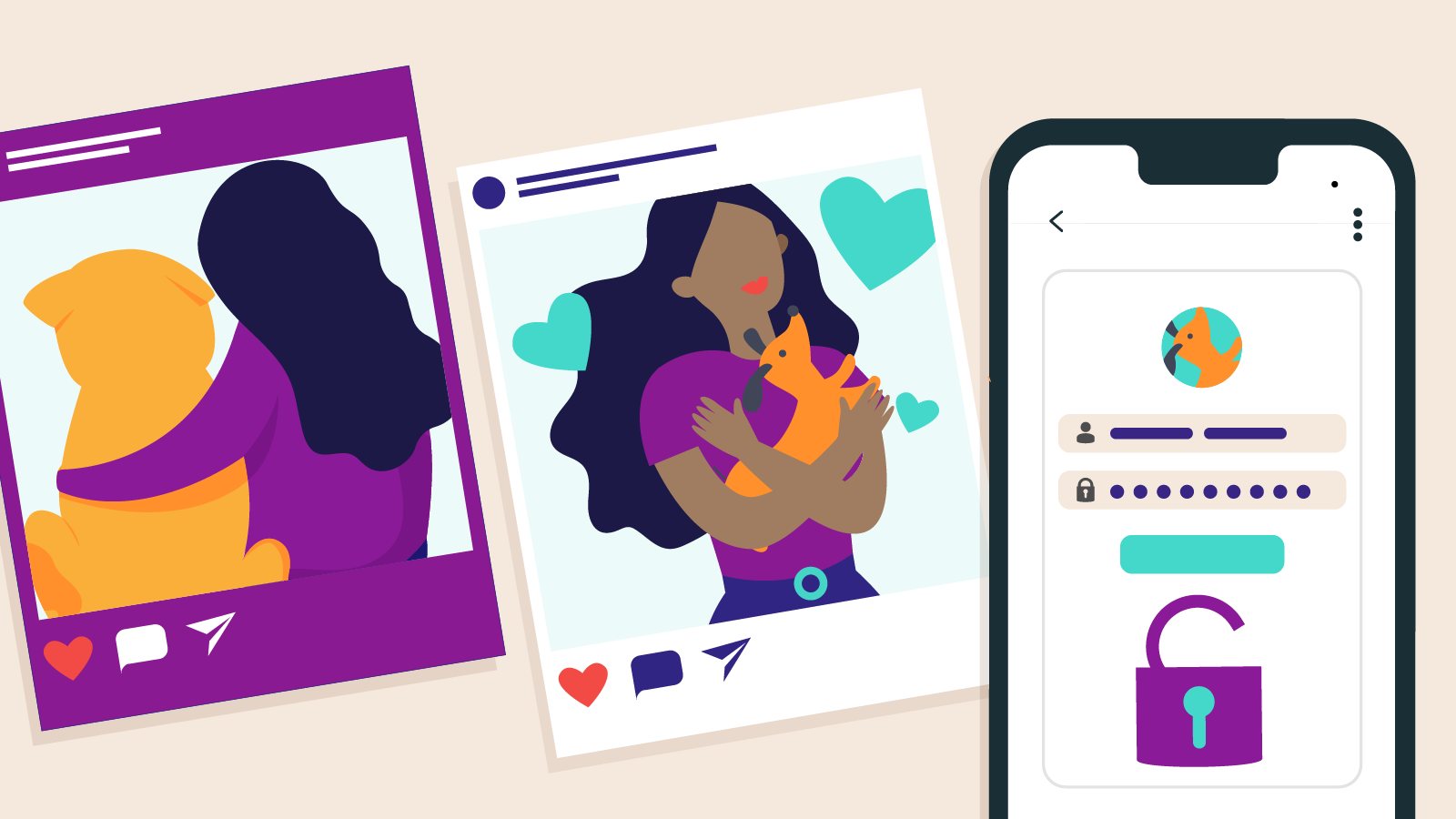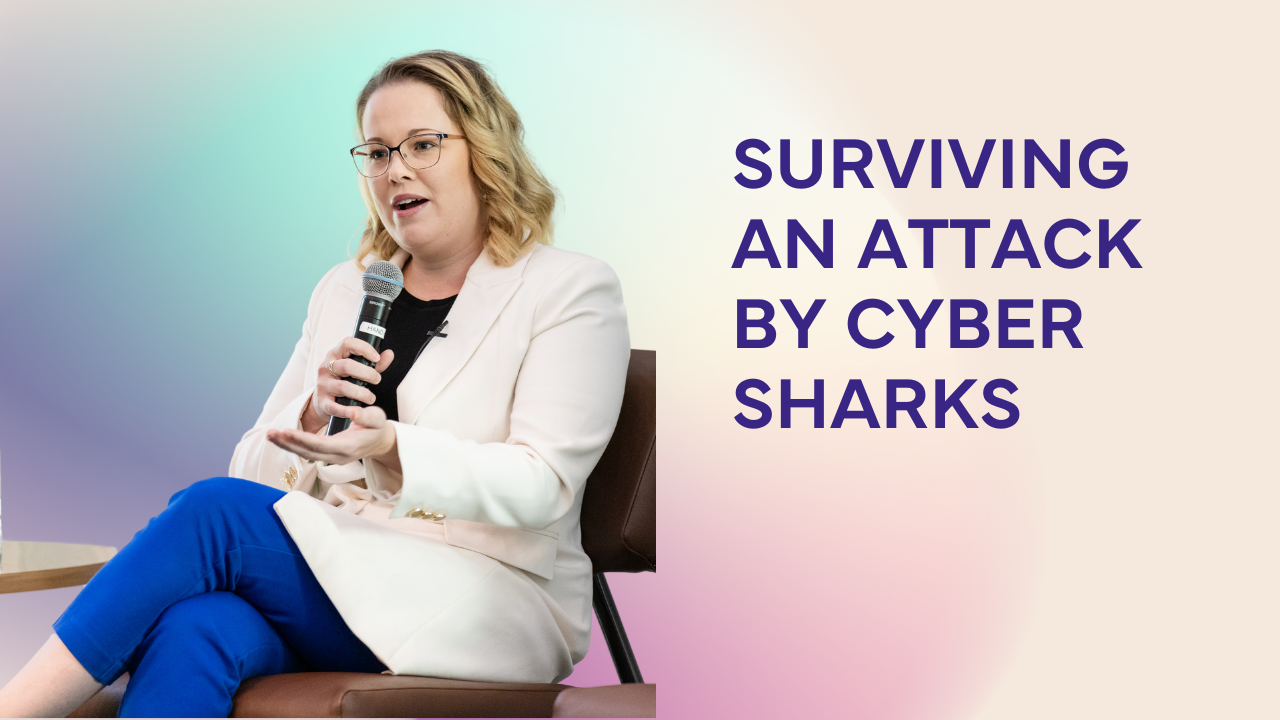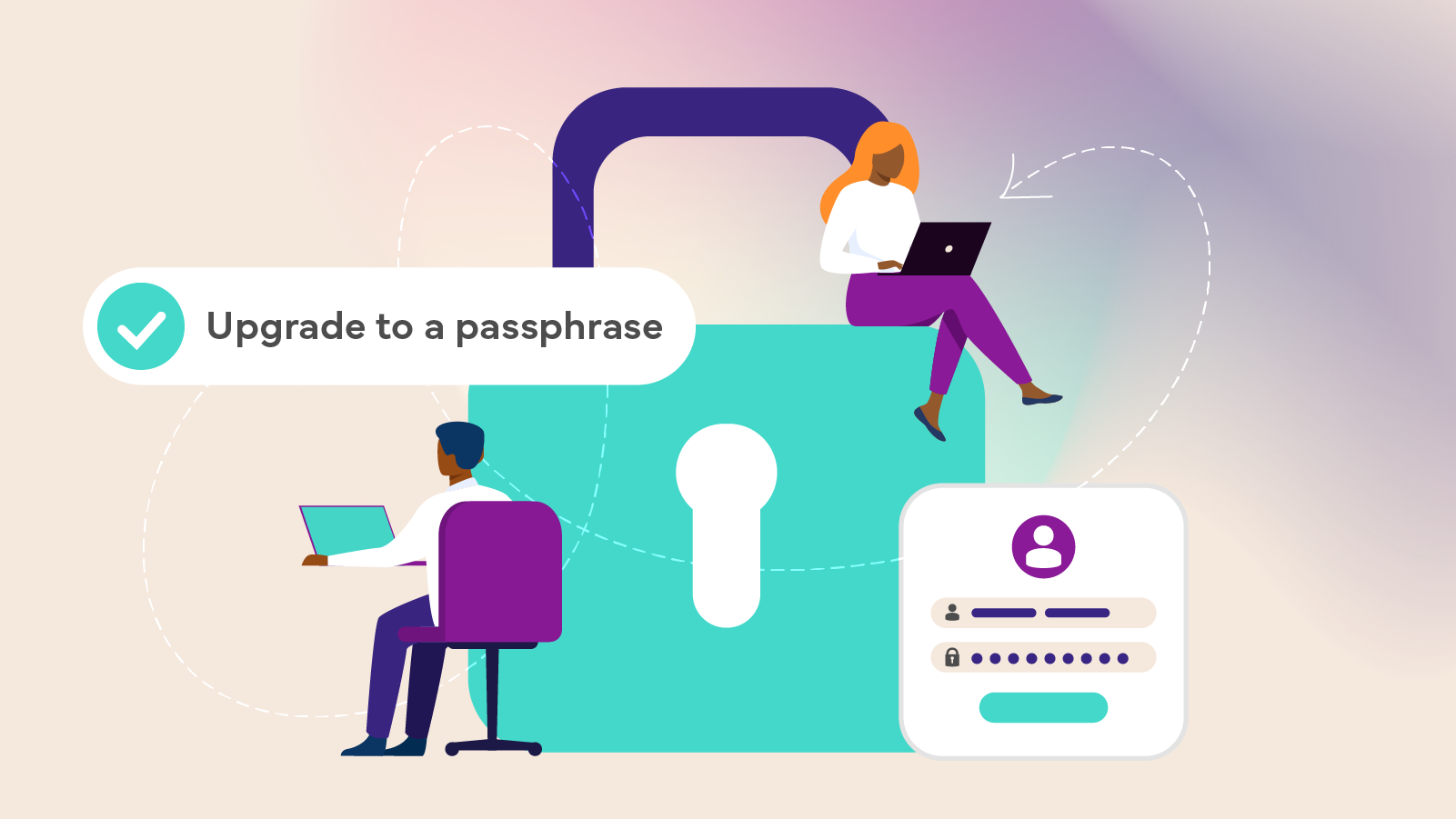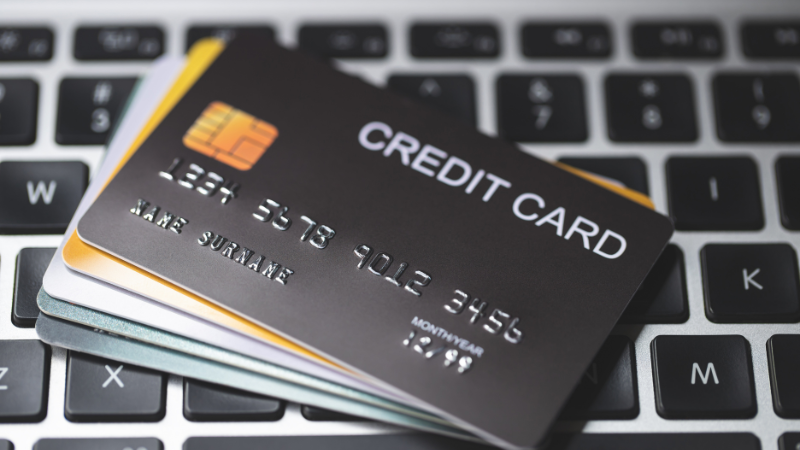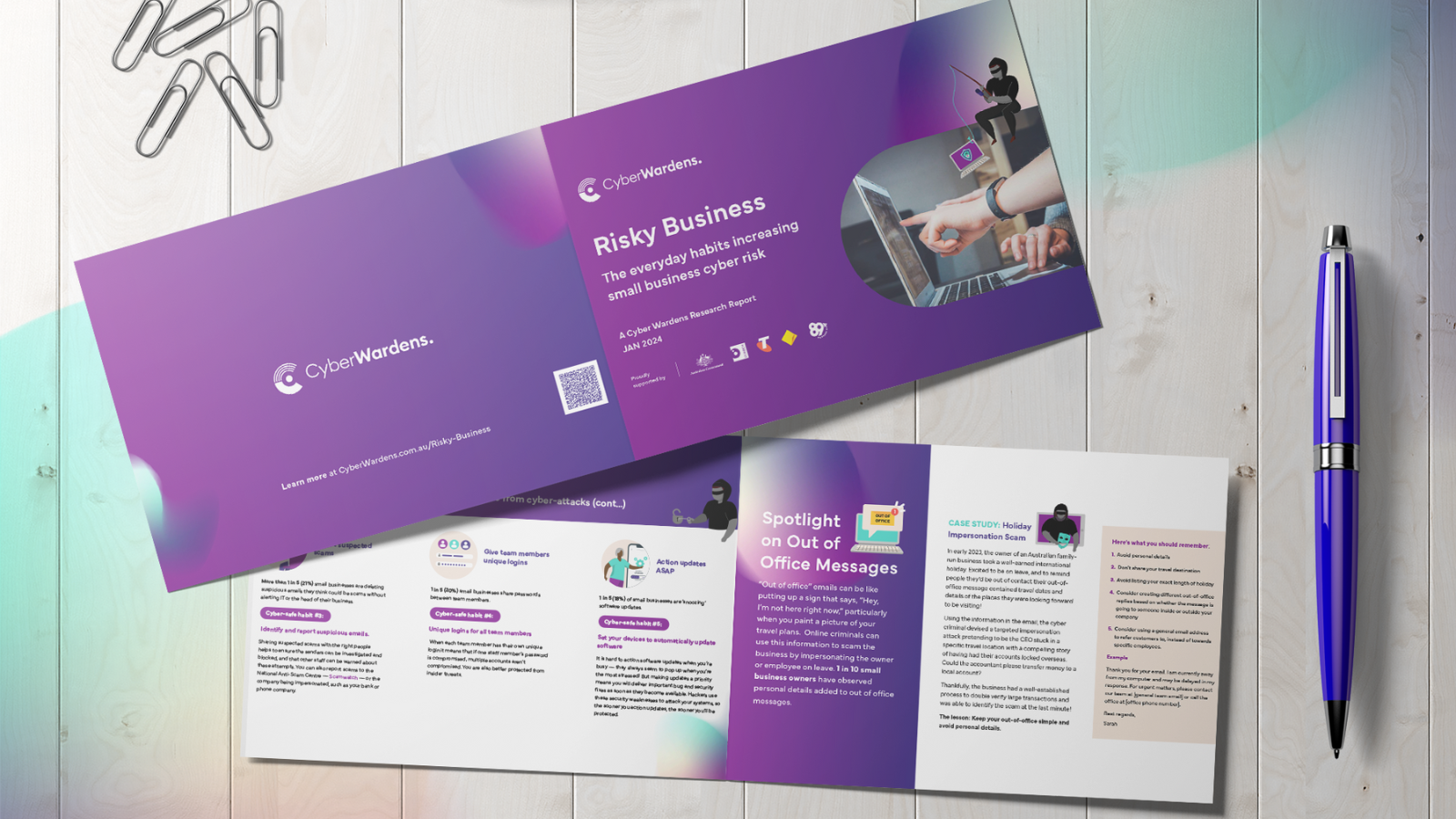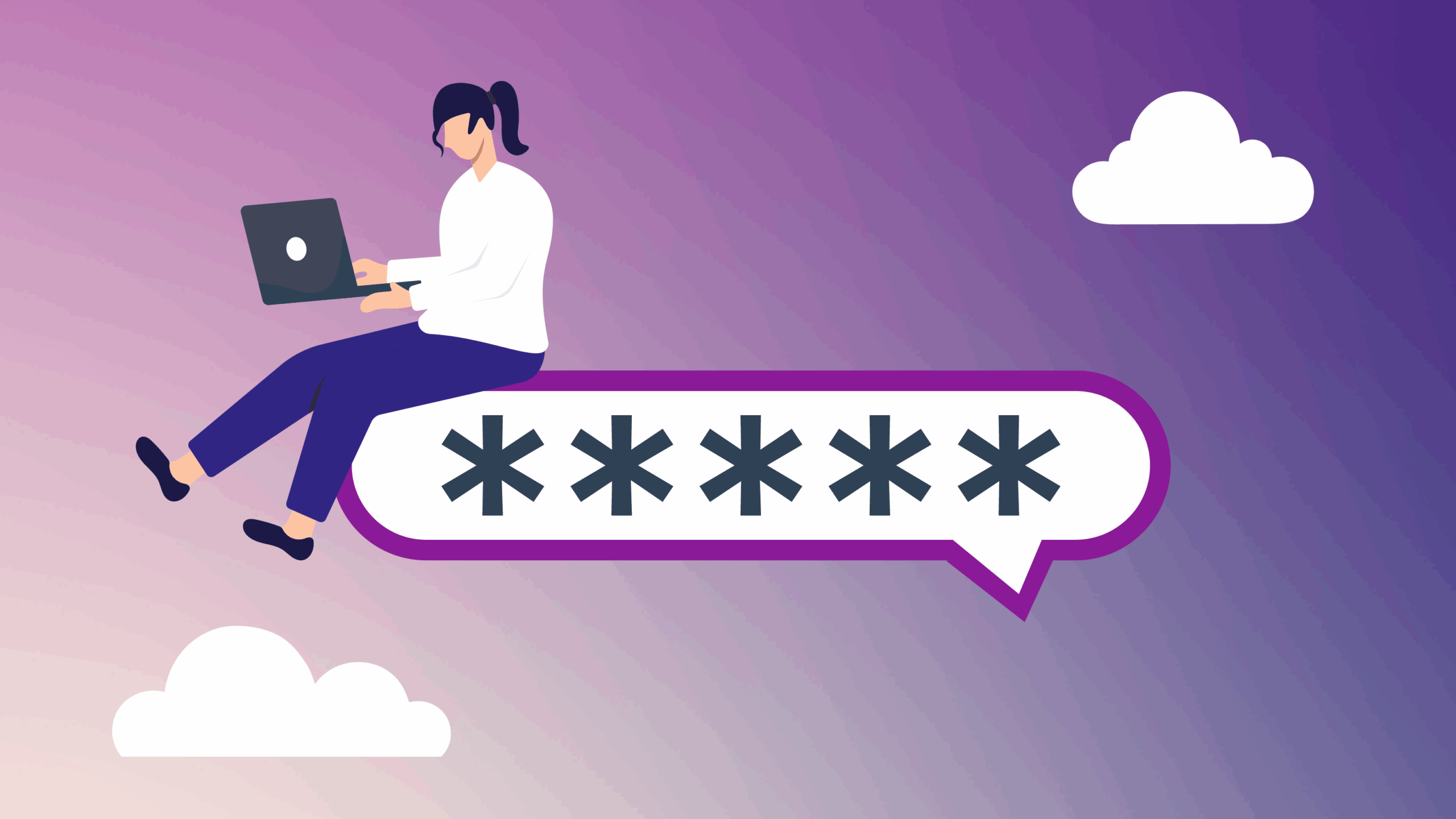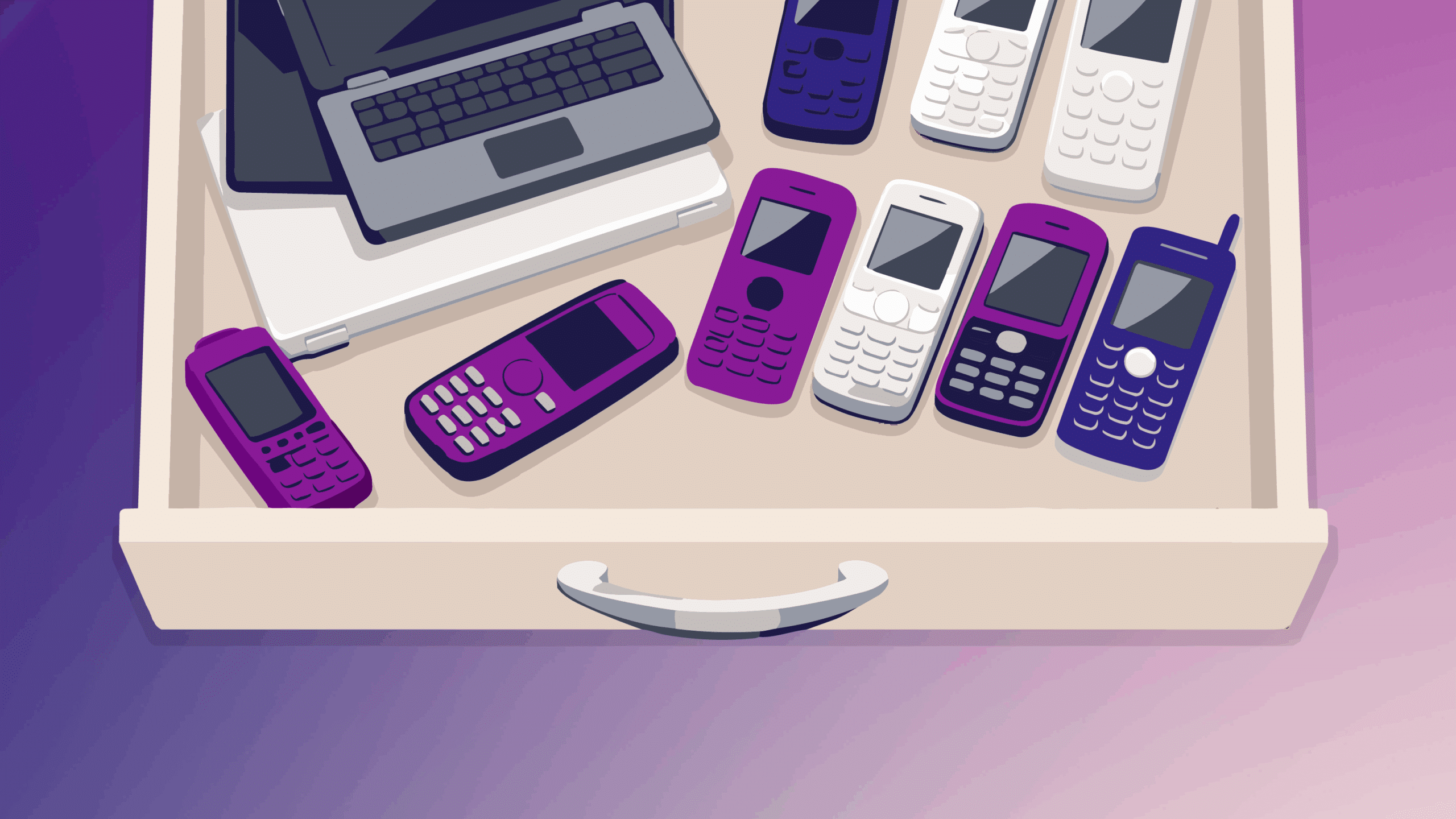In the event of a cyber attack, backups allow you to recover and keep your business trading.
At Cyber Wardens, we want to ensure that you and your business are well-prepared to face any cyber threats that may come your way.
While good cyber-safe habits like automatic updates and multi-factor authentication help prevent online threats, good backups are essential to recovering from one. Together, they are the trifecta of small business cyber security.
Think about it: in the case of an emergency, do you carry a spare tyre in your car or leave a spare key to your house with a trusted friend? Your small business needs a backup plan, too. Backups are your safety net in case of a cyber attack, allowing you to recover swiftly and keep your business trading.
Research by the Council of Small Business Organisations of Australia (COSBOA) showed only 1 in 2 small businesses had strong backups ready to recover. Almost 1 in 10 never undertook daily backups, and only 1 in 4 made backups a ‘sometimes’ activity.
So, now’s the time to get started on setting them up.
Remind me, what are backups?
A backup is essentially a digital copy of your business’ most critical information, including customer details and financial records. It’s your insurance policy against data loss.
What type of backups exist?
External storage device
A password-protected external drive such as a USB stick or a hard drive is one great backup option to copy your essential data at the end of each day.
Using a device separate from your business’s computer network is important because attackers can encrypt or delete backups connected to your business network.
The cloud
An easy way to think about the cloud is like a network of digital filing cabinets with copies of your critical business records, so you can access them whenever you need. Inside each filing cabinet are identical copies housed around the country and world giving you fast, and backed-up copies of your files.
Instead of saving your files directly to your downloads or desktop, you can save them to the cloud (and it also means you can easily access them on more than one device).
The most reputable cloud storage providers (for example Microsoft OneDrive, Google Drive and iCloud) are highly secure. They will encrypt your data, but it still pays to do your research to ensure your cloud provider is reputable and safe.
Plus, the cloud offers automatic backups so it will save as you go.
Pro tips for backing up in the cloud
Turn on multi-factor authentication
Working in the cloud offers flexibility, but it comes with responsibilities. Ensure your cloud is secure by using strong passphrases and multi-factor authentication. Don’t assume the cloud is automatically secure — it needs proper configuration.
Double-check the security settings
Many commonly used business clouds only include top cyber security protection in their premium business subscription. For best use, the settings must be configured to ensure your files are encrypted as they transfer and are stored in the cloud.
You can consult with an IT provider that you are using a premium service and that the settings have been activated. You can also learn more about how to do this using the ACSC small business cloud security guide.
Work consistently in the cloud
In the case of a cyber attack or losing your files, the cloud can only give you access to the information you’ve saved there. This means, if you or your team are in the habit of saving straight to their laptop, you might need to say goodbye to some old habits and introduce more cyber-safe practices.
Use separate backup services
Working in the cloud has many advantages, such as accessing your business files at any time, on any device. Your ‘working’ cloud syncs and offers backups. However, it’s not your one-stop solution and can be compromised by hackers. In the worst-case scenario, you might be locked out of accessing your critical business files.
To prevent the impact this could have, setup a dedicated ‘backup’ cloud that offers an in-case-of-emergency redundancy to recover your essential information.
Two backups are better than one
In a world with constantly new cyber threats, you can never be too safe.
If you use an external hard drive to back up your business files and sensitive data, it is good practice to keep two.
One of them can be plugged into your computer daily and the other offsite. Switching out your external hard drive regularly means you’ll have a backup in a safe location.
To properly implement backups in your business, we recommend setting aside some time in your calendar and tackling it in small chunks. Perhaps you can start with setting one physical backup and then move on to the cloud.
Remember: you’re not alone. There are thousands of fellow small business owners and employees coming together to protect themselves against cyber threats.
